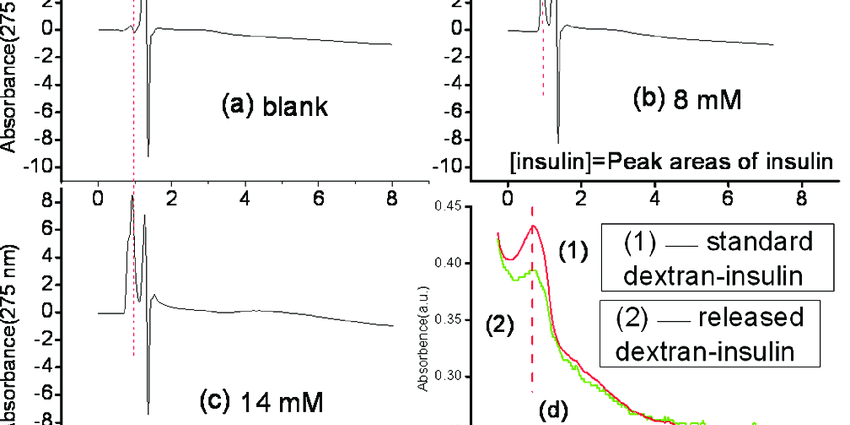Contents
Insulin analysis
Definition of insulin
THE insulin is a hormone naturally produced by the pancreas in response to an increase in the level of sugar (glucose) in the blood.
Insulin has an action ” hypoglycémiante “, That is to say, it lowers blood sugar levels, blood sugar levels. In fact, it “tells” the cells of the body to absorb glucose, which helps to limit the level circulating in the blood.
It has the opposite effect to glucagon, another pancreatic hormone that causes increased blood glucose (hyperglycaemic function). Insulin and glucagon work together to keep blood sugar levels around 1g / L at all times.
In diabetes, this balance is upset. Insulin is produced in less quantity, and / or the cells are less sensitive to it (its effect is therefore weakened).
Why do an insulin test?
The dosage of insulin in the blood (insulinemia) is not used for the diagnosis or monitoring of diabetes (which is based on the analysis of blood sugar and glycated hemoglobin).
However, it can be useful to test the insulin in the blood to know the capacity of the pancreas to secrete insulin (this can be useful for the doctor at certain stages of the diabetic disease).
This analysis can also be performed in the event of repeated hypoglycaemia. It can help detect insulinoma (a rare endocrine pancreatic tumor), for example.
Often, the doctor prescribes a “pancreatic assessment”, that is to say, the analysis of all pancreatic hormones including insulin, C-peptide, proinsulins and glucagon.
What results can I expect from an insulin test?
Insulin is assayed by taking blood in a medical analysis laboratory. It is essential to be fasting for the blood test to know the “basal” dosage.
However, this analysis is often insufficient. As the secretion of insulin is very variable in the same person during the day, an isolated dosage is difficult to interpret. Insulin testing is therefore often done after a dynamic test such as oral hyperglycemia (OGTT), where the patient is given a very sweet solution to drink to see how their body is responding.
What results can I expect from an insulin test?
The results will give the doctor guidance on theinsulinosécrétion, i.e. the secretion of insulin by the pancreas, especially after a sweet “meal”.
As a guide, on an empty stomach, insulinemia is normally less than 25 mIU / L (µIU / mL). It is between 30 and 230 mIU / L 30 minutes after the administration of glucose.
In case of insulinoma, for example, this secretion will be abnormally high, continuously, which will cause repeated hypoglycaemia.
Only the doctor can interpret the results and give you a diagnosis.
Read also : Our fact sheet on hypoglycemia All about the 3 forms of diabetes |










